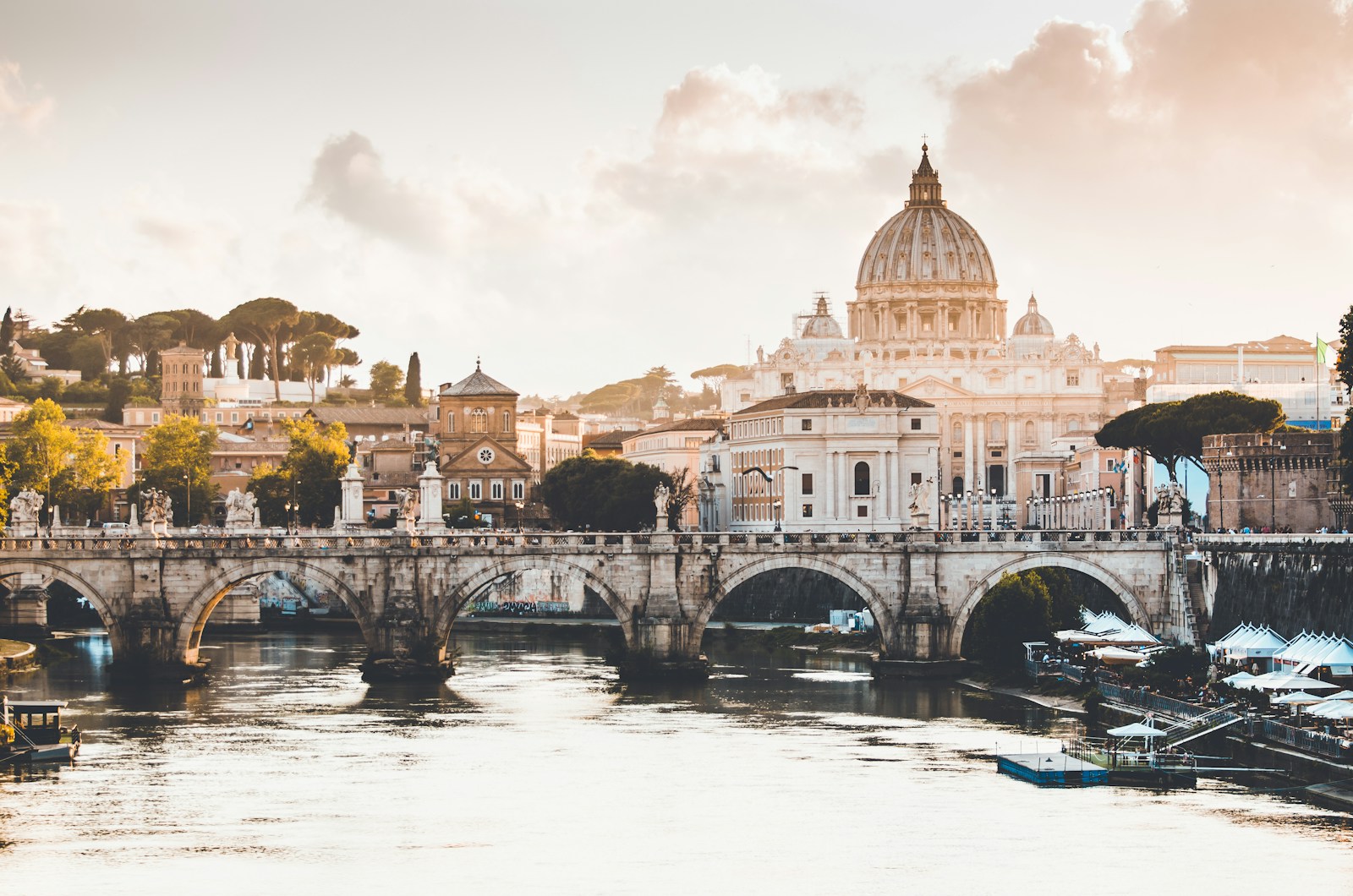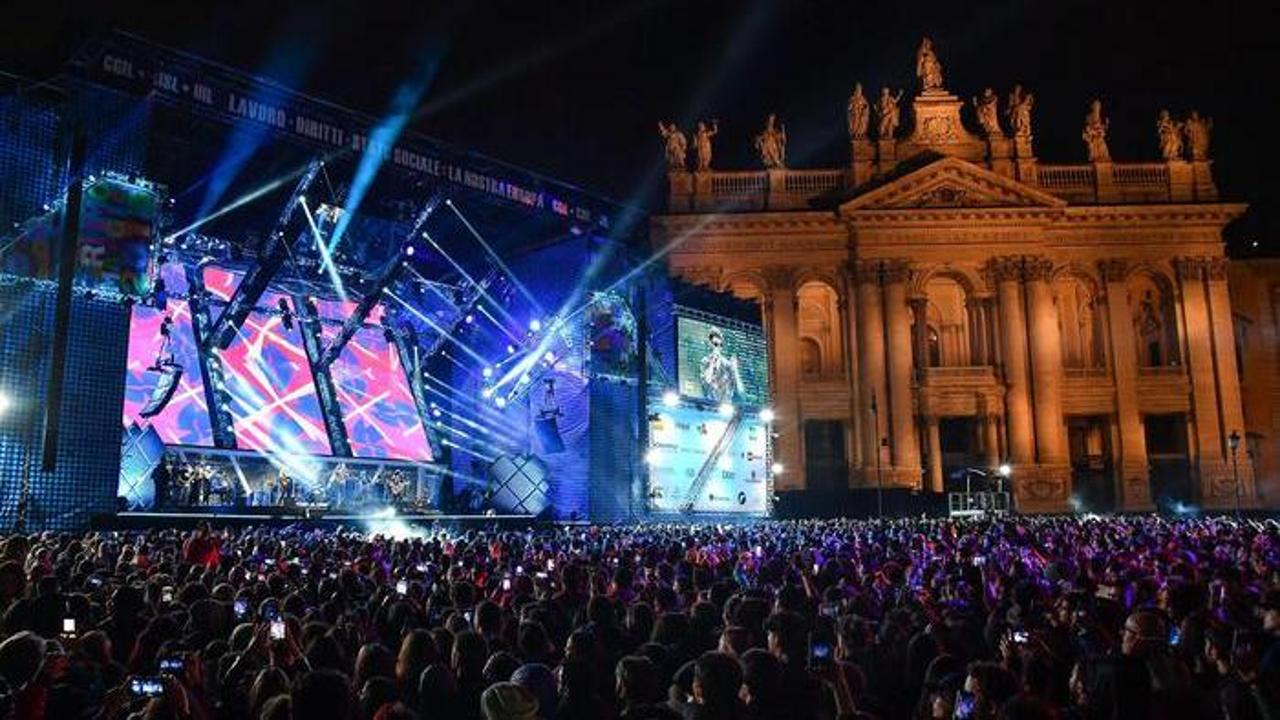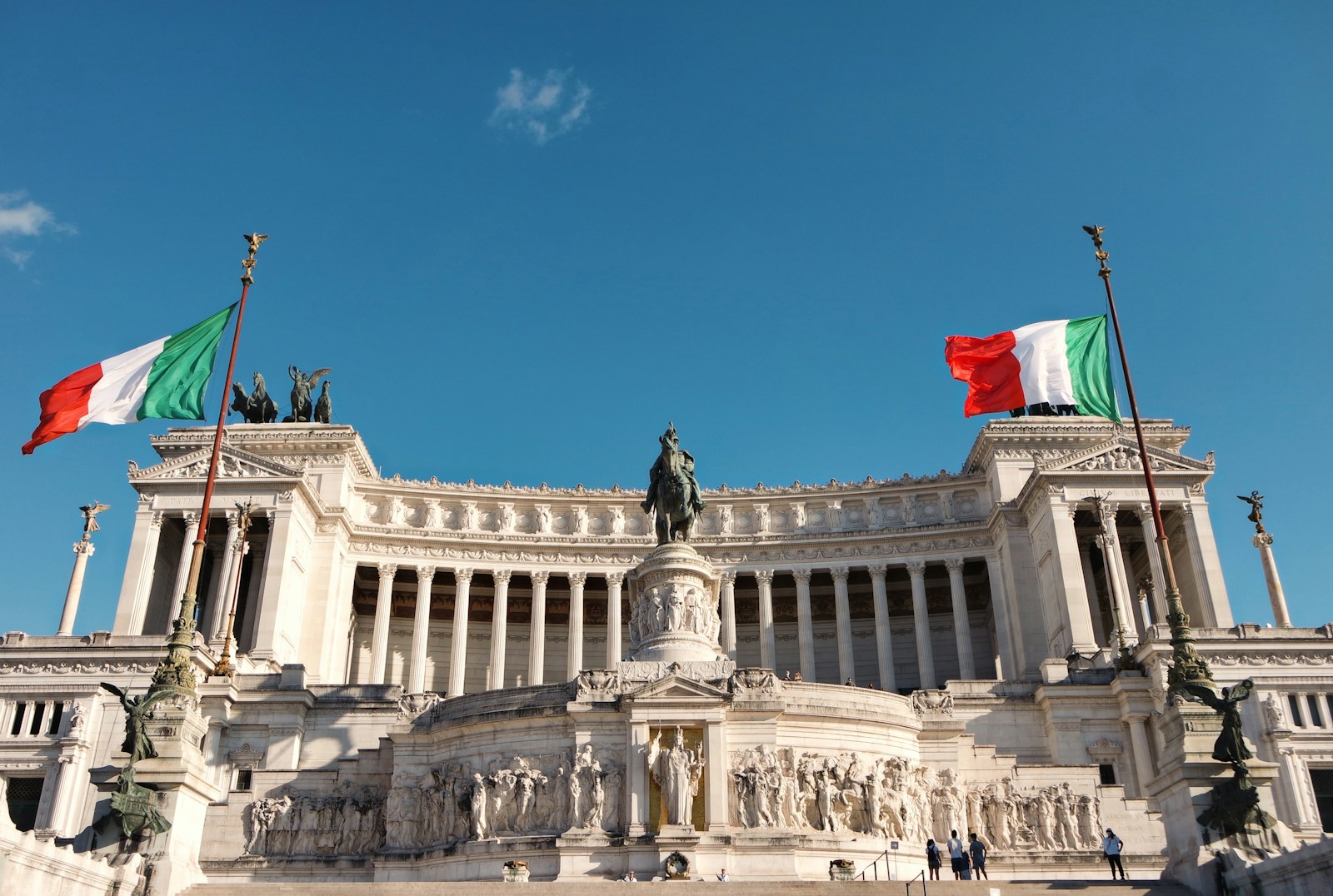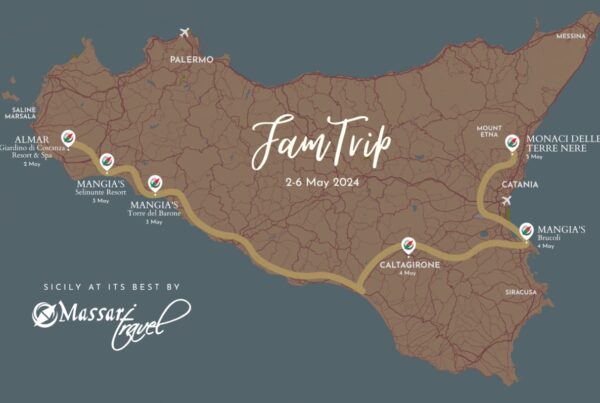When processing your bookings in Italy there is some info that you must always keep in mind to avoid misunderstandings and fail your clients ‘expectations and this is about the famous and… many… Italian bank holidays, when all the offices, banks, shops may close down for the whole day to celebrate, affecting your clients’ program, when rates increase, when it gets very or more difficult to find availability.

Italy is a country renowned for its rich cultural heritage, stunning landscapes and delectable cuisine, but it also boasts a diverse array of holidays that play a significant role in shaping the nation’s tourism landscape.
In 2024, these bank holidays serve as focal points for both locals and visitors, offering unique opportunities to immerse oneself in Italian traditions and festivities while exploring the country’s renowned attractions.
New Year's Day (Capodanno) - January 1st
The commencement of the New Year in Italy is marked by Capodanno, a holiday characterized by joyous celebrations and time-honoured customs. Visitors flock to iconic destinations such as Rome, Florence, and Venice to witness spectacular fireworks displays illuminating the night sky. From lively street parties to elegant soirées, Capodanno offers tourists a chance to experience the vibrant spirit of Italian revelry while indulging in sumptuous feasts and traditional delicacies, but it also increases the number of tourists everywhere with consequent huge difficulties in booking restaurants, trains, private transfers, and hotels that need to be booked well in advance.

Epiphany (Epifania) - January 6th
Epifania, also known as the Feast of the Three Kings, signifies the culmination of the Christmas holiday season in Italy. This religious observance is steeped in centuries-old traditions, with festivities ranging from religious processions to vibrant parades. Tourists can witness elaborate pageantry in cities like Naples, where colourful floats adorned with biblical motifs traverse the streets amidst jubilant crowds. Additionally, the tradition of La Befana, a kind witch who delivers gifts to children, adds an enchanting element to Epifania, making it a captivating experience for travellers of all ages.

Easter Sunday (Pasqua) – March 31st (this year)
Easter, whose date is always different every year, holds profound cultural and religious significance in Italy, drawing pilgrims and tourists alike to partake in solemn rituals and joyous celebrations. From the ornate processions of Holy Week in cities like Seville to the grandiose papal mass at St. Peter’s Square in Vatican City, Italy offers a multitude of experiences for visitors seeking to immerse themselves in the Easter festivities. Moreover, Easter heralds the arrival of spring, making it an ideal time to explore Italy’s picturesque countryside and blooming landscapes.

But… there is always a but, Easter is followed by The Angel’s Monday, known also as Pasquetta, when every single Italian will be in the open air having a pic-nic, a barbecue or enjoying a day trip in the surrounding areas, with consequent, overbooking of restaurants and a huge increase of traffic on the motorways often haunted by long, very long queues.
Liberation Day (Festa della Liberazione) - April 25th
Liberation Day commemorates the end of Nazi occupation in Italy during World War II, serving as a poignant reminder of the nation’s struggle for freedom and democracy. On this day, Italians pay homage to the heroes who fought for liberation through various ceremonies and cultural events.
Tourists can engage in historical tours, visit war memorials, and attend commemorative concerts to gain insight into Italy’s tumultuous past and its enduring spirit of resilience and can also experience longer queues or troubles in finding a free seat in any restaurant.
Labor Day (Festa dei Lavoratori) - May 1st
May 1st is celebrated across Italy as Labor Day, honouring the contributions of workers and labour unions. While many Italians partake in rallies and demonstrations advocating for labour rights, tourists can also join in the festivities by attending street fairs, concerts, and cultural exhibitions. This holiday presents an opportunity to witness the intersection of politics and culture in Italy while engaging with locals in discussions about social issues and economic reforms and if your clients will be in Rome, to experience the largest, loudest, funniest and most entertaining, free of charge music concert that will cover the whole afternoon and part of the night in the San Giovanni Square, with evident side effects on the local traffic that gets frozen.. for hours.

Republic Day (Festa della Repubblica) - June 2nd
Republic Day commemorates the establishment of the Italian Republic following the fall of the monarchy in 1946. This national holiday is marked by patriotic displays, military parades, and ceremonial events held in cities throughout Italy. Tourists can witness the grandeur of the celebrations firsthand, from the colourful flag-waving ceremonies in Rome’s Piazza Venezia to the solemn wreath-laying ceremonies at the Altare della Patria. Additionally, Republic Day provides an opportunity to explore Italy’s rich political heritage through visits to historic landmarks and museums dedicated to the country’s democratic evolution, that may be exceptionally opened and are usually or mainly closed to the public.

Assumption of Mary (Ferragosto) - August 15th
Ferragosto, celebrated on August 15th, marks the Assumption of Mary and heralds the peak of the summer season in Italy. This holiday is synonymous with relaxation, leisure, and communal gatherings, as Italians embark on vacations to coastal resorts, lakeside retreats, and countryside villas. Tourists can partake in a variety of outdoor activities, from sunbathing on pristine beaches to savouring alfresco dining experiences amidst picturesque surroundings. Additionally, Ferragosto festivities often feature live music performances, street festivals, and colourful fireworks displays, providing visitors with ample opportunities to revel in the summertime splendour of Italy.

All Saints’Day-Ognissanti-November 1st
In Italy, All Saints’ Day, or Ognissanti, is a solemn occasion marked by reverence and tradition and vacation.
Observed on November 1st, it honours all the saints, known and unknown, who have attained the glory of heaven. The day is characterized by religious services, solemn processions, and visits to cemeteries to honour departed loved ones. Families gather to clean and decorate the graves of their ancestors with flowers, candles, and offerings. It’s a time of reflection, remembrance, and spiritual connection, where the Italian community comes together to celebrate the eternal legacy of those who have lived lives of faith and virtue, therefore you will find banks closed, shops closed and lots and lots of people travelling across Italy.
In conclusion, the 2024 Italian bank holidays offer tourists a captivating blend of cultural immersion, historical exploration, and festive revelry. Whether witnessing religious processions during Easter, joining in patriotic celebrations on Republic Day, or embracing the leisurely ambiance of Ferragosto, visitors to Italy are sure to create unforgettable memories while experiencing the country’s rich tapestry of traditions and heritage, as long as… they are informed and very well aware of what is going on and how to cope and deal with it.







